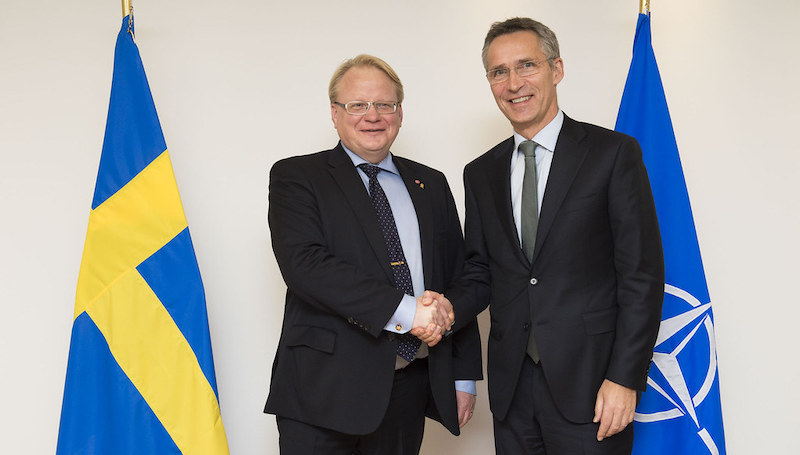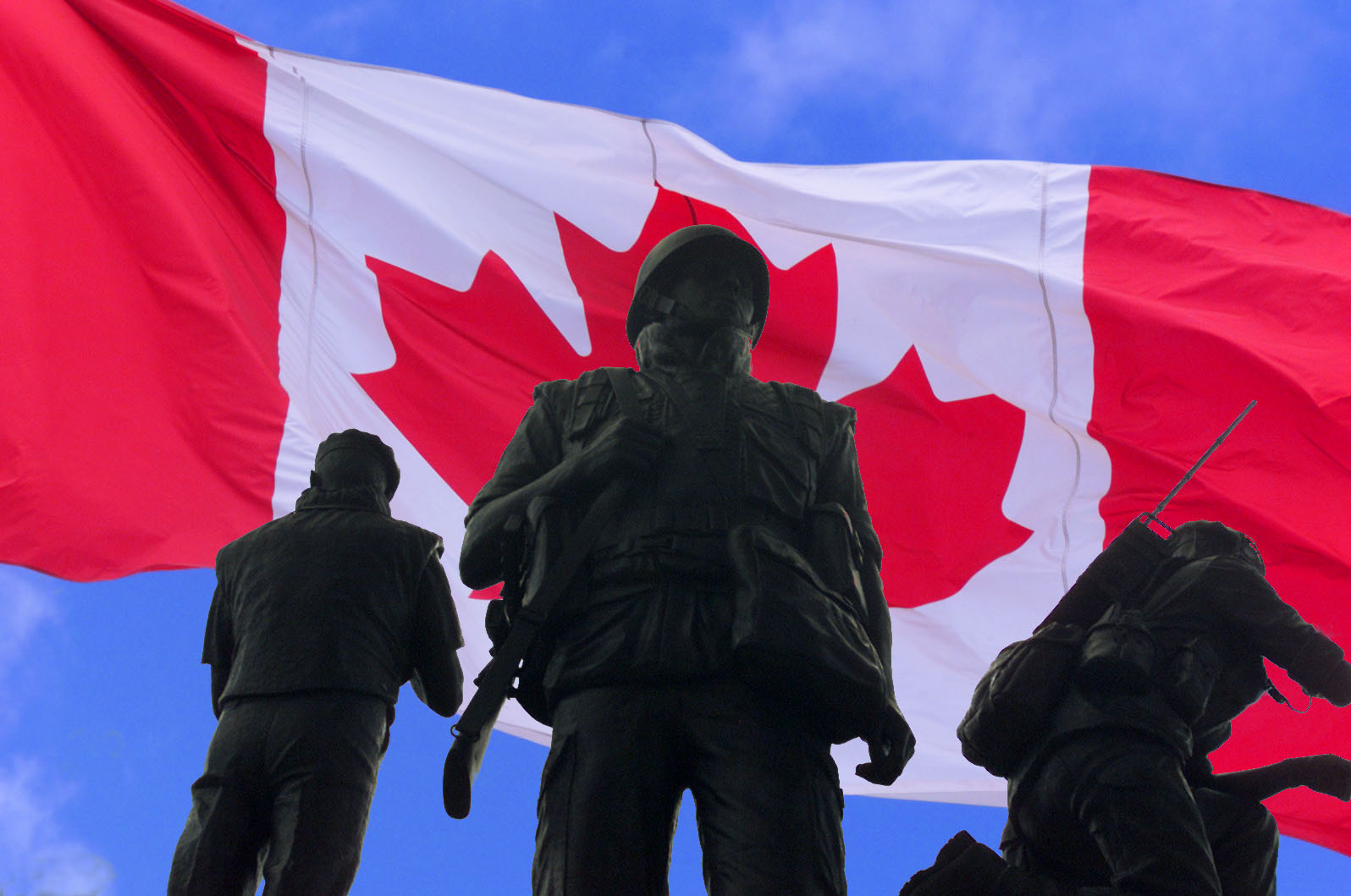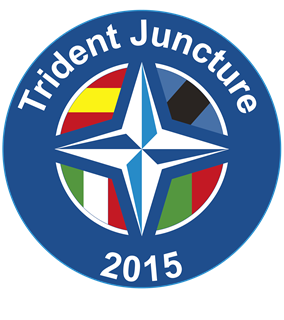Sweden finds itself roughly 200 miles from Russia by sea, a fact not lost on Swedish military planners since the days of Gustavus Adolphus in the 17th century. Similarly concerning to Sweden, is that while some countries are naturally easy to defend, Sweden is not.
Officially, for 200 years Sweden has maintained a policy of neutrality and as of today is not a NATO member. Instead of being bound by treaty, Sweden prefers to have the ability to pick and choose which international conflicts to get involved in. Due to a mutual antagonist, facts of geography, and recent events however, the line Sweden has walked between being a NATO State and non-NATO State has become thinner and thinner.
The risk posed to Sweden by an increasingly aggressive Russia is well recognized, and reaction to it reflected in two ways. First, in a massive expansion in military spending, and second, in the ever more contentious debate within Sweden around whether the Scandinavian country should formally join NATO.
Russian aggression across its Western border, especially since 2014, has caused a range of reactions in Europe and NATO. France is preparing for a major conflict for the first time in decades, Canada has loudly reaffirmed its commitment to protecting Ukraine, and in May 2021, exercise Steadfast Defender will see over 9,000 NATO troops deploy around the world, including to the Black Sea. Amidst all this, Sweden plans to increase its military spending by 40% between 2021 and 2025.
Traditionally known more as a mediator than a fighter – Sweden has not actively been at war since 1814, an even longer neutral streak than Switzerland’s. However, the tone in Stockholm has changed of late. Last year’s sweeping defence spending bill includes funding for a doubling in size of military personnel to 90,000, a new mechanized brigade and submarine, improved air defence systems, among other upgrades. Sweden is also a part of the wave of European countries re-embracing the concept of mandatory military service, recently doubling its number of conscripts to 8,000 per year.
This overhaul of military capability is only one part, albeit an important one, of Sweden’s Total Defence concept – whereby all aspects of society, ranging from energy infrastructure to central bank policy, are made more resilient to attack. “A more resilient society is a deterrence in itself,” argues Nils Svartz of the Civil Contingency Agency in a conversation with the Royal United Services Institute. While this comprehensive refit of Swedish defence capabilities has garnered support across the main political establishment in Sweden, this unified outlook breaks down when addressing the question of Sweden’s relationship with NATO.
The question of Sweden’s relationship with NATO is complicated, despite repeated Russian antagonism. In December 2020, a majority in Sweden’s Riksdag, or parliament, voted in favour of the ‘NATO option,’ which officially opens the door to potential membership in the alliance down the road. This is directly opposed to the view of the current government. In January, Sweden’s highest ranking defence official maintained that staying out of NATO, while maintaining a relationship with it, is the safest option for Sweden.
In terms of public opinion, it is a dead heat – with polling showing 35% of people opposed to joining NATO, 33% in favour, and 32% undecided. While adopting the ‘NATO option’ is not an outright commitment to join the alliance, it is a change that many fear would destabilize the region, and heap pressure onto Finland. Finland, who adopted the ‘NATO option’ in 1995 but has yet to formally join, is in an even more dangerous position than Sweden in terms of Russian aggression as it shares a direct 1,340km land border with Russia. If a land-based conflict were to erupt, Finland would very much be on the front lines.
The current government cites that Sweden “does not want to go down the road of security policy experiments or adventurism,” and is best served remaining outside of NATO while maintaining a close relationship with it. A strong argument could be made that Sweden’s neutrality and “freedom from alliances” have allowed it to remain flexible and dynamic in matters of foreign policy. That said, as Moscow becomes ever bolder in its posture in the Baltic region and elsewhere, the newly introduced ‘NATO option’ puts Sweden’s foot in the door while maintaining a neutrality that has stood since the Napoleonic era.
As it stands, Sweden’s Defence Minister maintains that joining NATO would unnecessarily antagonize Russia. The majority opposition in the Riksdag argue that outside of NATO, Sweden is in a security “no-man’s land”. While Sweden debates whether to formally join NATO or maintain its status as a close partner, military exercises are occurring in the Baltic Sea with increasing frequency and participation on both sides. Says a local on the island of Gotland that lies in the Baltic Sea between Sweden and Russia, “The Russians are out there doing their training…so it is good that we show we are ready too.”
Photo: Swedish Defence Minister visits NATO (2014) by NATO North Atlantic Treaty Organization via Flickr. Licensed under CC BY-NC-ND 2.0.
Disclaimer: Any views or opinions expressed in articles are solely those of the authors and do not necessarily represent the views of the NATO Association of Canada.




